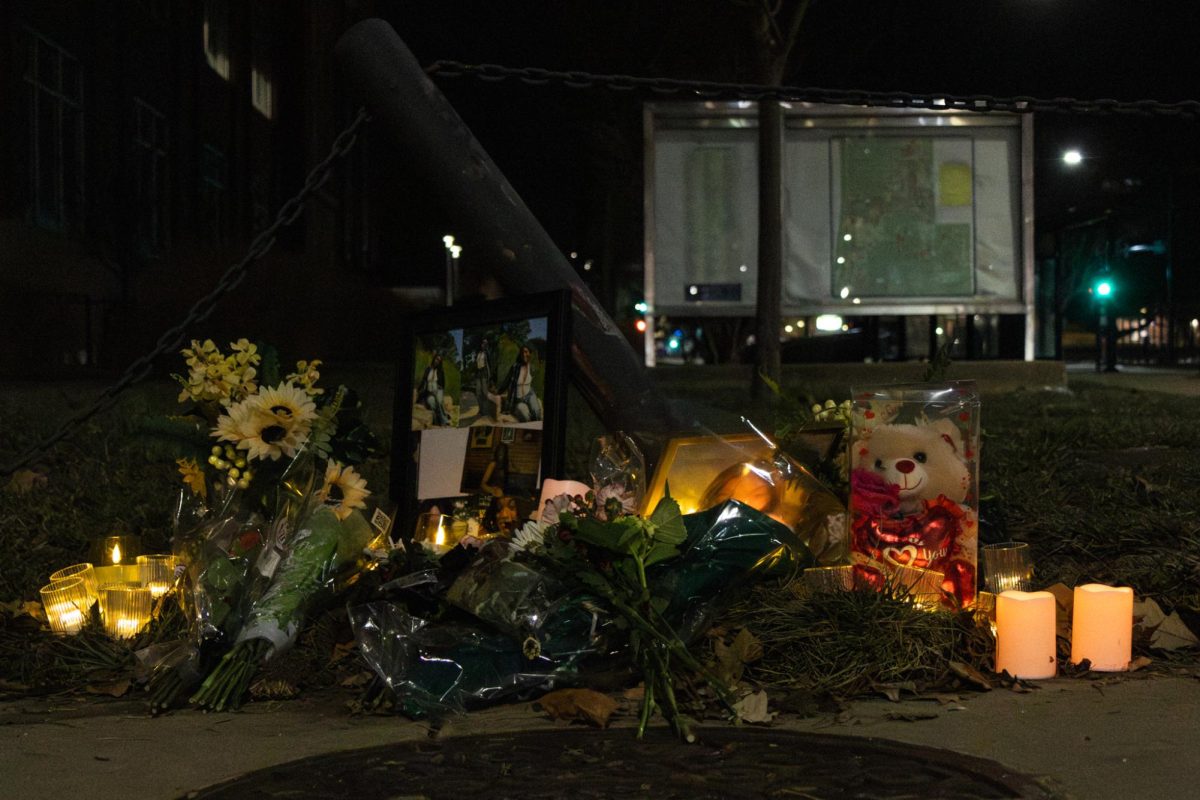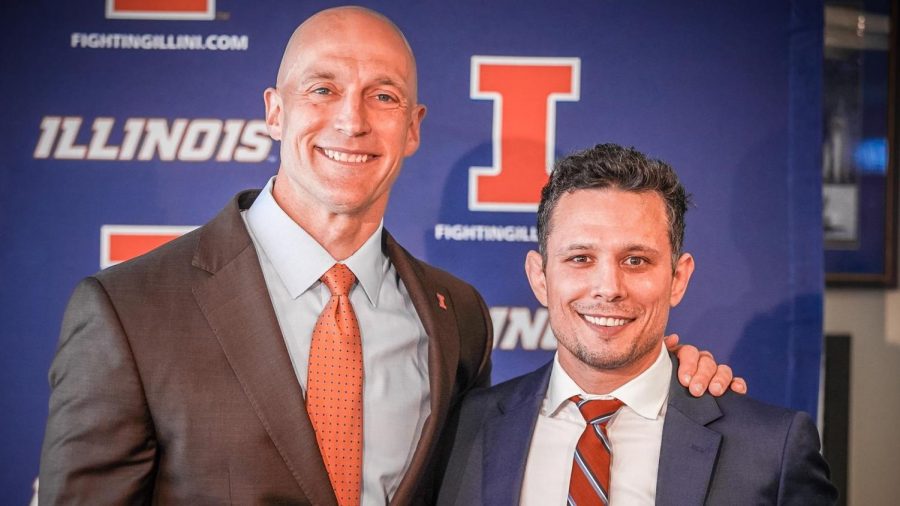Parents of Windsor University in Carbondale medical student Oluwatofunmi Kaiyewu, who was shot and killed by police on April 6 near I-74, are now questioning police motives for the incident.
Champaign County Sheriff Dan Walsh said Oluwatofunmi Kaiyewu’s vehicle was noticed by a police officer in Villa Grove because the the car was not from that area. Later, Oluwatofunmi Kaiyewu stopped his Toyota Camry in front of the officer’s car, got out of the car, and “physically assaulted the officer and attempted to back over the officer with his car and then fled,” Walsh said.
The officer followed him until he arrived in east Urbana where other squad cars from the University Police, the Champaign County Sheriff’s Office and the Vermilion County Sheriff’s Office joined the pursuit and continued to follow him. He then got on I-74 travelling east toward Oakwood where they used stop sticks to end the chase.
Walsh said Oluwatofunmi Kaiyewu was carrying a ”machete and a large Bowie/hunting type knife” as he again got out of the car. After a struggle involving about four tasers and shots to the chest and head area, Oluwatofunmi Kaiyewu died around midnight. Walsh said tasers work differently on each individual and in each situation
“When things work as normal, usually individuals are incapacitated for five seconds and often drop weapons and sometime fall to the ground,” Walsh said.
Get The Daily Illini in your inbox!
Walsh said Oluwatofunmi Kaiyewu said something along the effect of, “you are going to have to shoot me” to the officers. He added that by the end of the evening, nine to ten officers were present. Oluwatofunmi Kaiyewu’s father, Adenrele Kaiyewu, said that when he viewed his son’s body several days later, he had a broken nose, bruises and lacerations on his face but Walsh said that no officers punched, hit, or struck Oluwatofunmi Kaiyewu in the face.
Abiola Kaiyewu, his mother, accused the police of racial profiling.
“If my son was a white kid driving a Toyota Camry, they wouldn’t have said it was a suspicious car,” she said.
The family’s main concern was the video evidence from that night. They said that the one police vehicle with a dashboard video camera was located at the back of the line of police cars. Walsh added that it was the sole Villa Grove police car equipped with a video camera.
“It sounds like a cover-up,” Abiola Kaiyewu said. “It’s too convenient.”
The Villa Grove Police Department could not be reached Monday evening for further comment about video evidence.
Oluwatofunmi Kaiyewu’s parents held a press conference at the Independent Media Center in Urbana at 10 a.m. Wednesday morning.
“Help me get justice for Oluwatofunmi Kaiyewu,” Abiola Kaiyewu said. “We need justice for him. Don’t let him die in vain.”
Both parents wept as they recounted their son’s life and questioned the justification of his killing.
Jan Susler, the family’s attorney, said Oluwatofunmi Kaiyewu was a 23-year-old medical student who had completed his undergraduate degree at the University of Texas in San Antonio. He then attended Windsor University School of Medicine in St. Kitts, West Indies, before transferring to the Carbondale campus, where he has been studying for the past two years. Oluwatofunmi Kaiyewu was one year short of becoming a resident doctor.
Oluwatofunmi Kaiyewu’s parents said he was on the way to the library when a friend called asking to be picked up at Chicago’s O’Hare Airport.
Sarah Stevens, administrative assistant at the Carbondale campus of Windsor University, said Oluwatofunmi Kaiyewu was an intelligent, serious student.
“He tutored a lot of other students,” Stevens said. “My first thought was why would he even run from the police? As far as I know, I’ve never heard anything bad about him doing drugs or anything.”
After the morning press conference, the family held a prayer service at the spot on the highway where Oluwatofunmi Kaiyewu was killed.
After the press conference Walsh said that the Illinois State Police were in charge of the case.
The State Police were not involved in the shooting, only in the subsequent investigation. Srgnt. Bill Emery said his department will be giving the findings of their investigation to the State’s Attorney within the next few days. Video and audio tapes, seized weapons, evidentiary documents, and medical reports are all possible pieces of evidence.
“When the state police finish their investigation, they will give it to the Vermilion County State’s attorney,” Walsh said. “Then he will decide what, if any, prosecutions will be made.”





